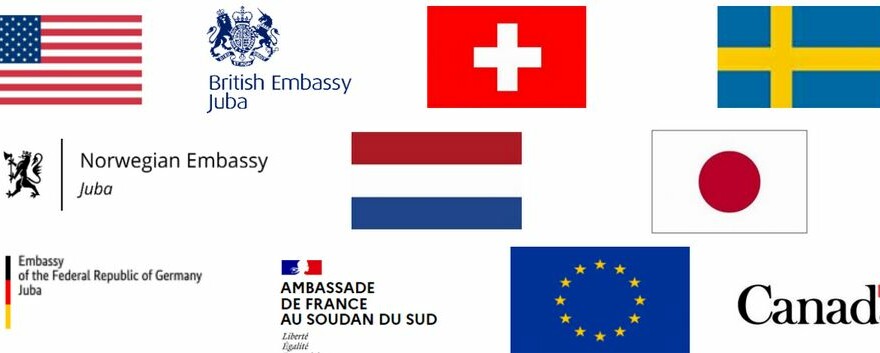Western diplomatic missions in Juba have expressed grave concern over the Transitional National Legislative Assembly’s passage of legislation that gives the National Security Service (NSS) the authority to conduct arrests and detentions without warrants.
In a Wednesday joint statement, the Embassies of Canada, the European Union, France, Germany, the Netherlands, Norway, Sweden, the United Kingdom, and the United States said the bill would “constitute a significant step away from the opening of political and civic space, which is a prerequisite for genuine and peaceful elections to take place.”
The diplomatic missions asserted that “enactment of the bill into law would be regrettable at any time, but particularly now when it would undermine the transitional government’s assertions that political and civic space exists.”
All South Sudanese should have the right to participate freely in political and civic expression without fear of arbitrary arrest or intimidation by security personnel, they concluded.
Last week, South Sudan’s parliament voted in favor of the National Security Act 2014 (Amendment) Bill 2024, and President Salva Kiir will have to approve it within 30 days for it to become a law.
Sections 54 and 55 of the bill empower National Security officers to arrest and detain, without a warrant, any person suspected of committing an offence against the State.
These offences are broadly and loosely defined in section 7 of the bill, resulting in many people being arrested and detained for legitimate civic and political activities. Although any detainee must be brought before a judge within 24 hours, this rarely happens.
This comes ahead of the country’s first-ever election on December 22.




